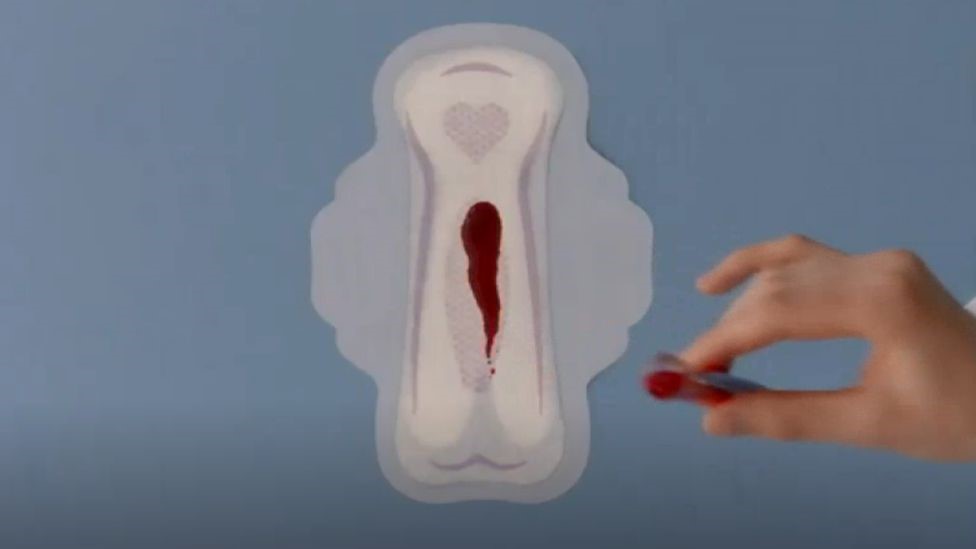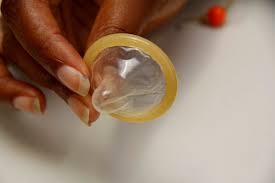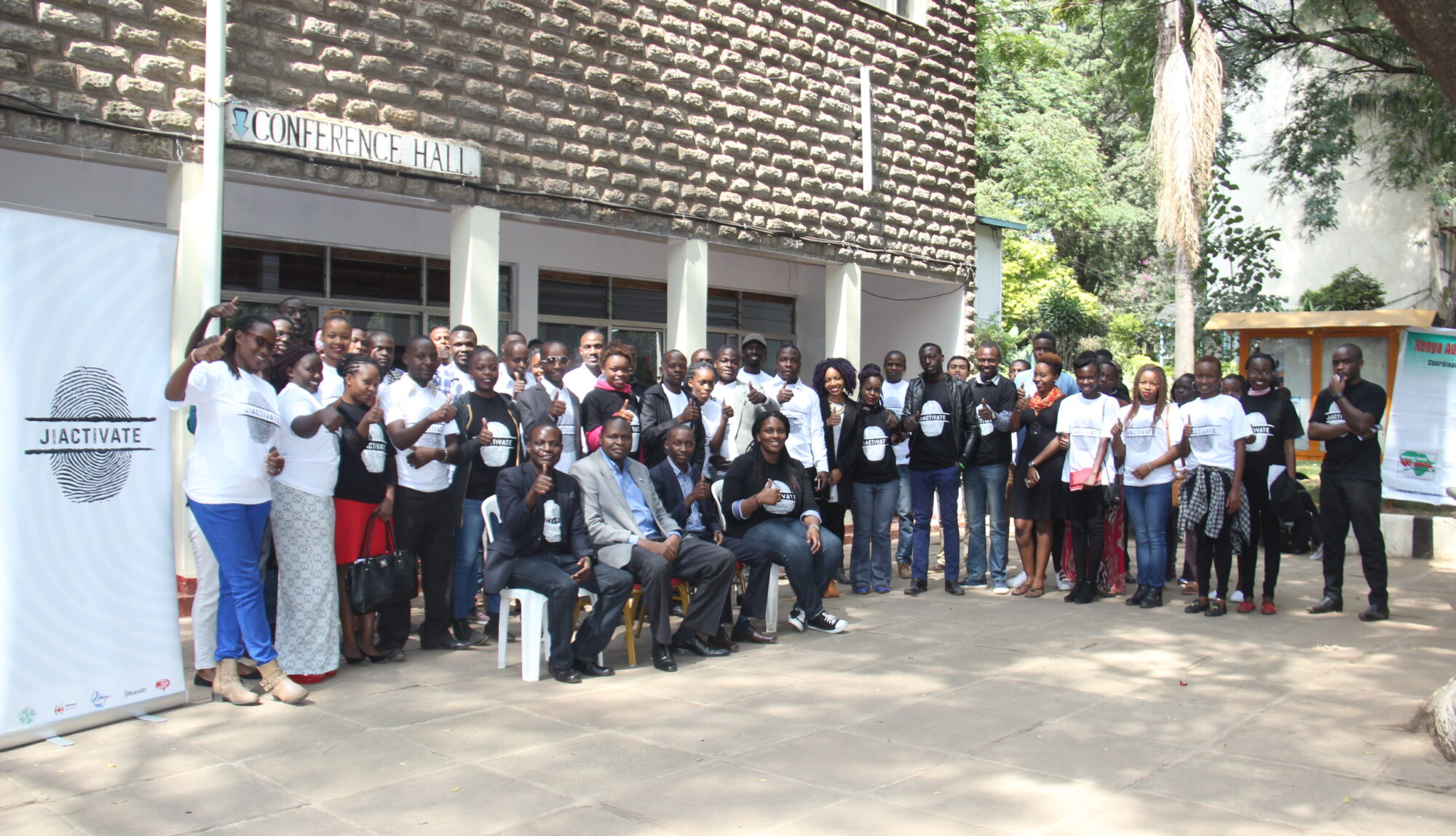Isn’t this generation just lucky? Often sexual reproductive health is a mental model termed as taboo in various communities. Talking about sex with parents is something that not so many young people are comfortable with. Also, parents often shy away from discussing issues that involve sexual reproduction. The only information most parents afford to their daughters is to keep away from men once they notice that they have started menstruation. The boys on the other hand are left for the world to educate them forgetting that they also need information on SRHR. Both girls and boys need access to quality sexual reproductive health information that way we will bring up a generation that is well equipped. The consequences of engaging in unprotected sex are not only pregnancy, it is also associated with sexually transmitted diseases, HIV/AIDS infections, and also mental health issues that have repercussions on young people.


Growing up I didn’t dare to talk to my mother about sexual reproductive health (SRH) issues and I didn’t have access to the internet where I could get information on SRH. I grew up knowing that talking about sex was taboo. I remember there was an advert on radio Ramogi that talked about condom (Rabuoyunga) use and I said it out loud, “rabuoyunga”, the yelling I received was enough for me to never mention it again. Honestly, I wish I was told that it is a condom, used by adults to have protected sex. Again, when I started menstruating my mom told me, “chungana na wanaume” (Be careful around men). I wondered what the statement had to do with menstruation. I wished I could hear more. Nonetheless, the statement made me cautious.



Sexual reproductive health information is vital. If we openly talk about SRH to our children it will play an important role in ensuring that some of the results of unprotected sex are well addressed. Even if parents do not talk about it, there are websites like one2one (https://cutt.ly/AnVnFJJ) which have information regarding the sexual reproductive health of young people, where they can learn about SRHR and mental health-related issues.
